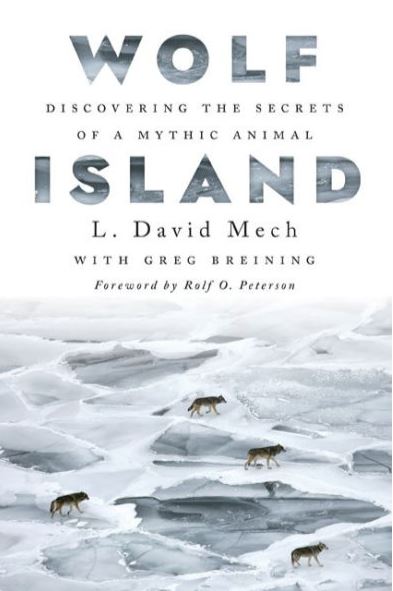
Wolves seem to elicit strong emotions in many parts of the world. People either love them or hate them. This year’s wolf hunt in Wisconsin got a little out of control. Your thoughts on the matter will likely depend on the emotions triggered by these furry beasts.
When we were children, my brother David was attacked by a half-wolf dog. My father stitched up his head wounds, but as the day worn on, David’s fever raged. Their island retreat in the Quetico Provincial Park was hours from any hospital. So my father canoed back to the mainland and drove through the night to get David back to the infirmary in Wisconsin where there was a supply of penicillin. David survived — as did Lobo — who had only attacked out of loyalty to our oldest brother. When Lobo bounded out of the cabin, there was his pack mate under “attack” by a scrappy kid who had just landed on the island and had his big brother in a headlock. So while I admire the beauty of the wolf and its place in a healthy ecosystem, I have no desire to get too cozy with them.
But I have always been fascinated by these creatures and have read several wolfish books, including Farley Mowat’s, Never Cry Wolf. In Wolf Island the author traveled to Isle Royale in Lake Superior to study the wolf pack that had crossed the ice and been marooned there since the 1940s. He tracked and documented their relationship to the moose herds on the island to see how they interacted and the effects on both populations. This sort of study was only possible because the animals were pretty much in their natural state, without human intrusion or other outside influences. What is the true impact of a wolf pack on a moose herd in the wild? Are wolves the ruthless marauders their detractors claim? Read on!
For more books on wolf behavior see Research@UWW, the Library’s catalog.
Wolf Island: Discovering the Secrets of a Mythic Animal
David Mech with Greg Breining
New Arrivals, 2nd Floor
QL 737 .C22 M39985 2020

This was a howling good blog entry!